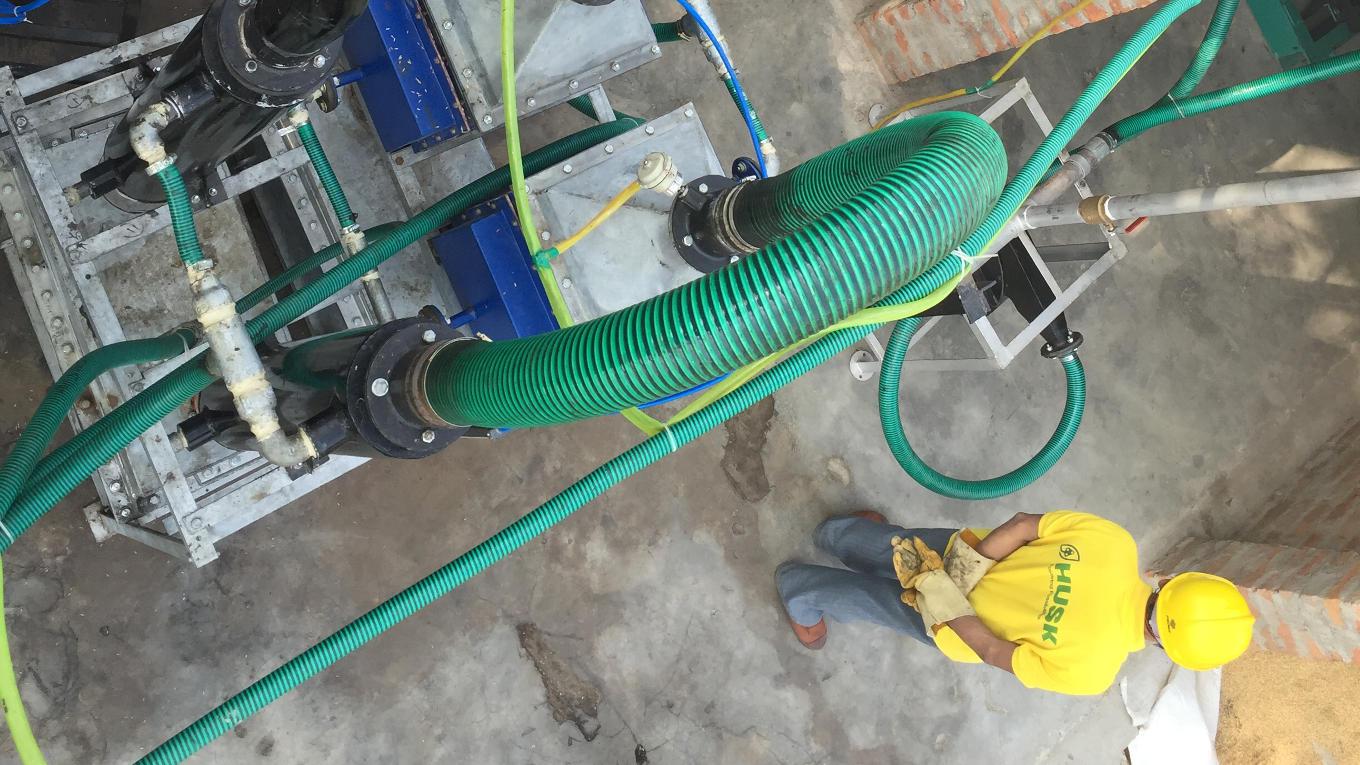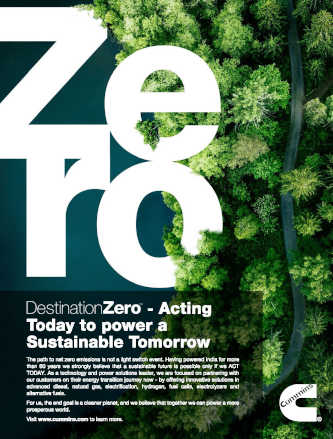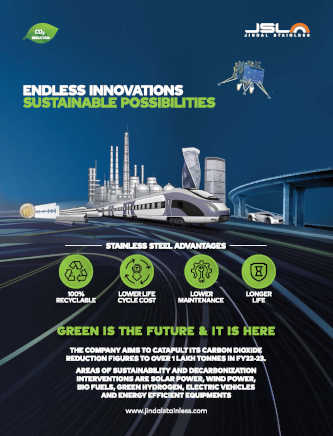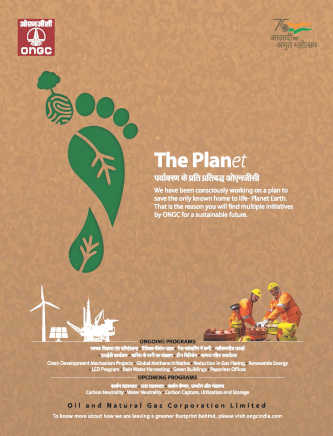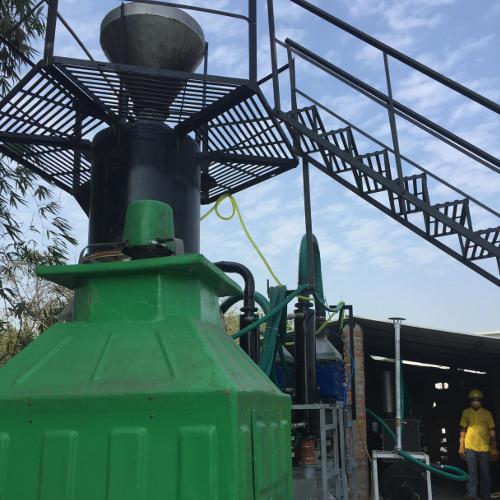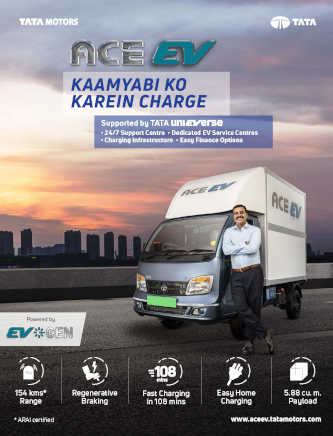In India, Husk Power currently has 100 minigrids (up from eight in 2018) and services 6,000 customers, with a focus on MSMEs and small-scale factories, the backbone of the economy. Particularly for commercial customers, Husk Power’s electricity is competitively priced during the day time.
Manoj Sinha believes that Husk’s power solution for these SME and MSME entrepreneurs lies not just in the consistent and uninterrupted power supply, but also in the guaranteed and speedy customer service – the current service level agreements commit to resolving issues within four hours. Even with access to grid electricity, this reliability is a strong value proposition for its customer base.
In addition, Husk offers a full range of energy solutions for its customer base. The company sells energy efficient appliances to residential customers at EMIs and monthly payments, enabling rural households to own high-quality appliances that they would otherwise not have been able to access. For MSMEs, Husk offers a range of energy and business services, including machine assessment and audit, training on improving the efficiency of existing machinery and business education on P&L management. These add-on services are invaluable to the customer base and create a 93 per cent customer retention.
The minigrids have been designed to enable fully-remote and automated management. During lockdown, Husk Power was able to keep all plants running and ensure 23.7 hours of electricity supply per day to its rural customers. The combination of strong local customer service, technology and smart metering has also ensured that Husk Power gets paid on time by its largely MSME customer base and does not have to worry about power theft, an otherwise rampant issue in power distribution.
Sinha grew up in a village in Bihar, where lack of reliable and consistent power supply impacted all aspects of life. This was the genesis behind the founding of Husk Power. The initial focus was on building small-scale biomass-gasification and by 2011, the company was serving 10,000 customers across Bihar and UP with biomass-gasification power. For every power plant Husk Power Systems built, they hired three local workers to maintain and manage the system, also providing a source of income and security for members of the local community.
In 2014, though, seeing changing trends around customer needs and aspirations, the company made a pivot from offering biomass-gasfication power only, to building a hybrid minigrid power plant system. Taking advantage of falling solar PV prices, Husk added solar power and battery solution to the integrated solution. From being able to offer customers six to eight hours of reliable electricity per day in 2011, the company was now able to offer 24/7 consistent supply. This was a somewhat risky bet as they had to rebuild their business from scratch, but it proved to be a game changer in terms of growth and the business model.
In 2016 Husk Power entered Tanzania. That same year, the company worked with the UP Government to define the state’s Minigrid Policy. This Policy gave the business a strong fillip and was subsequently adopted almost verbatim by the Nigerian government. The company identified a strong opportunity in Nigeria, given it’s 200 million plus population, 15 per cent annual growth rate and power distribution issues - it is estimated that Nigeria loses between 40-50 per cent of distributed power to theft – and has also entered the Nigeria power market.
In 2018, the company raised $20 million in Series C funding from Shell Technology Ventures LLC, Swedish development finance institution Swedfund International and ENGIE Rassembleurs d’Energies, ENGIE group’s impact investment fund. More recently, in October of 2019, Husk Power raised an additional $5 million from Dutch Development Bank, FMO.
Husk Power Systems plans to grow to 300 minigrids across India, Tanzania and Nigeria by 2022 and a 1,200 minigrids by 2025. The recent round of funding positions Husk to accelerate its take advantage of what the International Energy Agency estimates as a $190 billion mini-grid market between now and 2030.
Sinha is convinced that hybrid integrated minigrids, such as those pioneered by Husk Power, are critical for National Electrification Programmes in emerging economies. He has global ambitions for Husk Power, and with the right policy and capital backing, plans for the company to have an operational presence in five to six emerging economies within the next few years.

